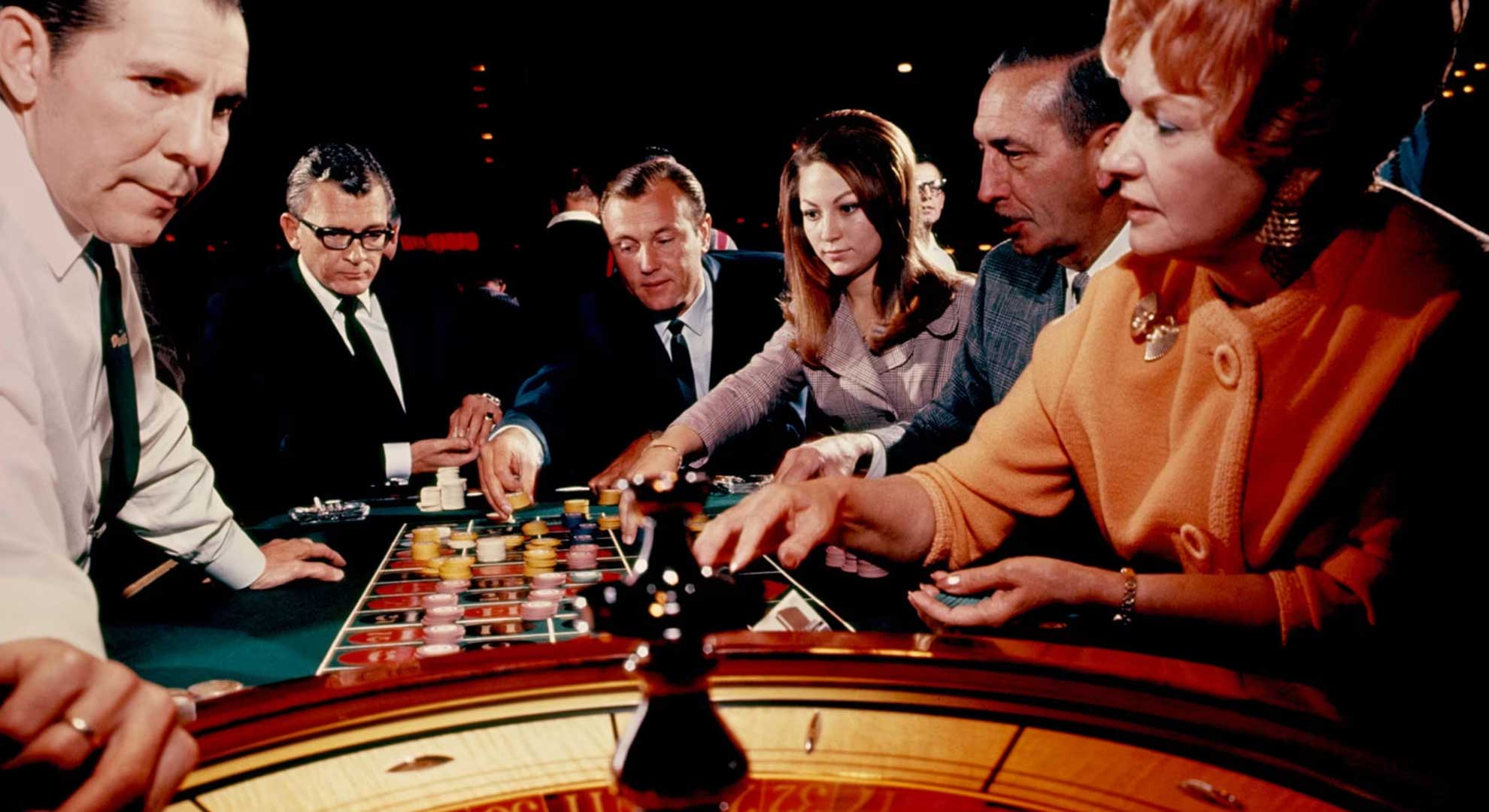The Evolution of Casino Superstitions
The Evolution of Casino Superstitions
From the moment the first dice were cast from polished knuckle-bones, humanity has sought to influence the whims of fate. The world of gambling, a realm governed by chance and probability, has always been a fertile breeding ground for superstitions. These beliefs, ranging from the quaint to the bizarre, provide a psychological cushion—a perceived sense of control in an environment that is inherently uncontrollable. The evolution of these casino superstitions mirrors the evolution of gambling itself, transforming from ancient rituals to digital-age habits that persist even in the most modern gaming environments.
The origins of gambling superstitions are deeply rooted in history and folklore. Early gamblers weren't just playing a game; they were often seen as challenging gods or spirits. To appease these forces, they adopted lucky charms and rituals. A rabbit's foot, for instance, was considered lucky due to ancient beliefs about fertility and new beginnings. Similarly, blowing on dice before a roll wasn't just for show; it was believed to blow away bad spirits and invite good luck. Numbers also held immense power. The number seven is widely considered lucky in many Western cultures due to its biblical significance, while the number four is feared in many East Asian cultures because its pronunciation is similar to the word for "death." These foundational beliefs formed the bedrock of superstitions that would later populate the grand casinos of the world.
As gambling moved into the opulent, velvet-roped halls of brick-and-mortar casinos, superstitions became more specific and theatrical. The physical environment itself became part of the ritual. Players developed personal, often complex routines they believed were integral to their success. This included wearing a "lucky" shirt or piece of jewelry, always sitting in the same chair at a poker table, or stacking chips in a particular pattern. Certain behaviors became taboo. Famously, counting your money at the table is considered a cardinal sin, a belief immortalized in Kenny Rogers' song "The Gambler." Another common superstition is avoiding the main entrance of a casino, as some believe they are designed to "suck the luck" out of patrons as they enter. These tangible, observable rituals became a core part of the casino culture, passed down from one generation of gamblers to the next.
The psychology behind this persistence is fascinating. Cognitive biases play a significant role. Gamblers often fall victim to "illusory correlation," where they perceive a relationship between an action and an outcome where none exists. If a player wins a big hand while wearing a red tie, their brain links the red tie to victory, reinforcing the superstitious belief. This provides a comforting, albeit false, sense of agency. In a world of random number generators and shuffled decks, performing a ritual or carrying a charm is a way for the human mind to impose order on chaos and reduce the anxiety associated with risk.
The dawn of the internet and the rise of online gaming presented a new frontier for these age-old beliefs. One might assume that the cold, logical world of algorithms and pixels would eradicate such "primitive" thinking, but superstitions simply evolved to fit the new medium. The physical rituals of the past have been replaced by digital ones. Today, players might insist on clicking the "spin" button on a slot machine with a specific rhythm, or they might believe that playing at a certain time of day yields better results. Some clear their browser cache before every session, believing it "resets" their luck. Others have a "lucky" device, convinced their laptop brings better fortune than their smartphone. These new-age rituals are applied with the same conviction as their analog predecessors on platforms like the m88 casino online, as players hope to somehow influence the sophisticated Random Number Generators (RNGs) that govern the games.
Ultimately, the evolution of casino superstitions showcases a fundamental aspect of human nature. Whether a gambler is carrying a four-leaf clover into a Las Vegas casino or logging into a gaming site only when the clock strikes a lucky number, the underlying goal is the same: to find an edge, however small or imagined, against the immutable laws of probability. Technology may change, and the games may become more advanced, but the deeply ingrained human need to believe in luck ensures that superstitions, in one form or another, will always have a seat at the table.
tag: M88,



